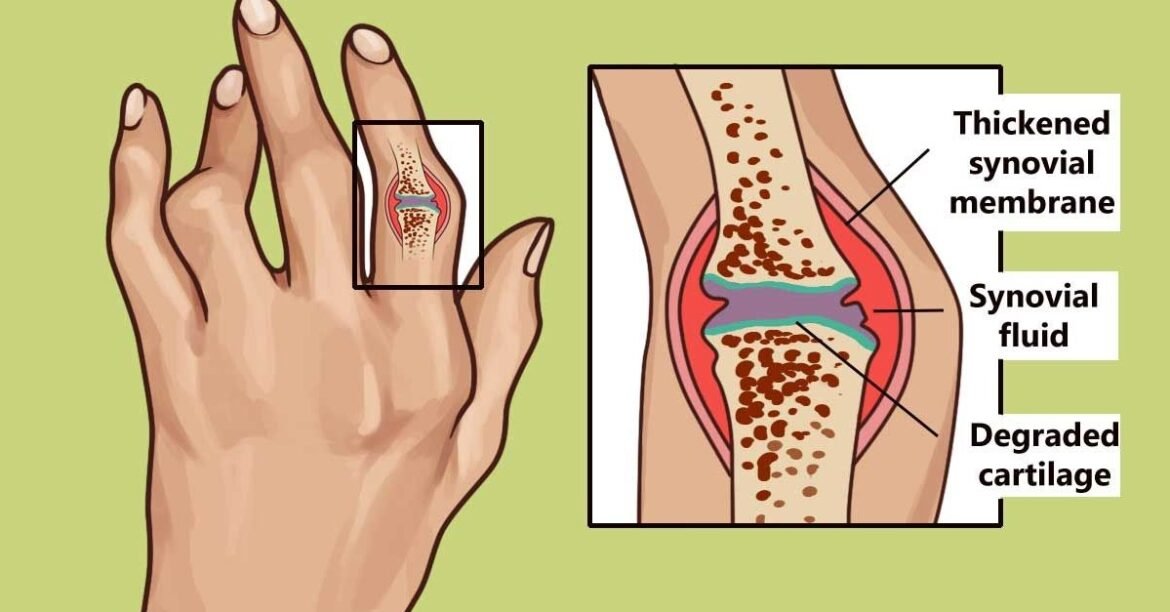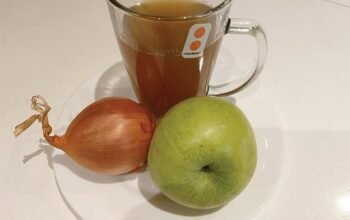In the realm of holistic healing, Ayurveda—an ancient Indian system of medicine—offers profound insights into understanding and managing inflammation. This traditional approach goes far beyond symptom treatment, providing a comprehensive framework for addressing the root causes of inflammatory conditions.
The Essence of Ayurveda: A Holistic Health Perspective
Ayurveda, which translates to “science of life” in Sanskrit, is a 5,000-year-old medical system that views health as a harmonious balance between the body, mind, and spirit. Unlike modern medicine’s reductionist approach, Ayurveda considers inflammation as a complex interplay of bodily energies called doshas—Vata, Pitta, and Kapha—and the quality of one’s internal digestive fire, known as Agni.
Understanding Inflammation through an Ayurvedic Lens
In Ayurvedic philosophy, inflammation is not merely a physiological response but a signal of underlying imbalances. The concept of Ama, or accumulated toxins, plays a crucial role in understanding inflammatory processes. When Agni (digestive fire) is weak, undigested food particles transform into Ama, which can trigger inflammatory reactions throughout the body.
Key Ayurvedic Perspectives on Inflammation
- Inflammation results from dosha imbalances
- Digestive health is fundamental to reducing inflammation
- Toxin accumulation (Ama) contributes to chronic inflammatory conditions
Powerful Ayurvedic Herbs for Combating Inflammation
Ayurveda offers a remarkable arsenal of natural anti-inflammatory herbs that have been used for centuries and are now gaining scientific validation. Turmeric, with its active compound curcumin, stands out as a potent anti-inflammatory agent. Clinical studies have demonstrated its ability to reduce inflammatory markers by up to 50%.
Other remarkable herbs include:
- Ashwagandha: Helps modulate stress responses and reduce inflammation
- Ginger: Provides powerful anti-inflammatory and antioxidant properties
- Boswellia: Known for reducing joint inflammation and supporting mobility
Holistic Treatments: Beyond Herbal Remedies
Ayurveda’s approach to inflammation extends far beyond herbal treatments. Panchakarma, a comprehensive detoxification therapy, offers a holistic method of purifying the body and restoring balance. This intricate process involves several therapeutic interventions designed to eliminate toxins and rejuvenate the body’s systems.
Panchakarma Therapies for Inflammation Management
- Virechana (therapeutic purgation)
- Basti (medicated enema)
- Nasya (nasal cleansing)
- Abhyanga (therapeutic massage)
Lifestyle Recommendations for Reducing Inflammation
Ayurveda emphasizes that sustainable health comes from harmonizing daily routines with natural rhythms. Stress management through yoga and meditation has been scientifically proven to reduce inflammatory markers by up to 20%. Key lifestyle recommendations include:
- Maintaining a consistent sleep schedule
- Practicing daily meditation
- Engaging in moderate, appropriate exercise
- Consuming a balanced, whole-food diet
Integrating Ayurvedic Wisdom with Modern Healthcare
While Ayurveda offers profound insights, it’s crucial to approach it as a complementary system. Consulting both Ayurvedic practitioners and conventional healthcare providers ensures a comprehensive, safe approach to managing inflammatory conditions.
The growing global interest in Ayurveda reflects a broader shift towards holistic, personalized healthcare. By understanding inflammation not as an isolated symptom but as a complex interplay of bodily systems, we open ourselves to more nuanced, effective healing strategies.
As modern science continues to validate ancient wisdom, Ayurveda stands as a testament to the power of holistic, integrative approaches to health and wellness.






